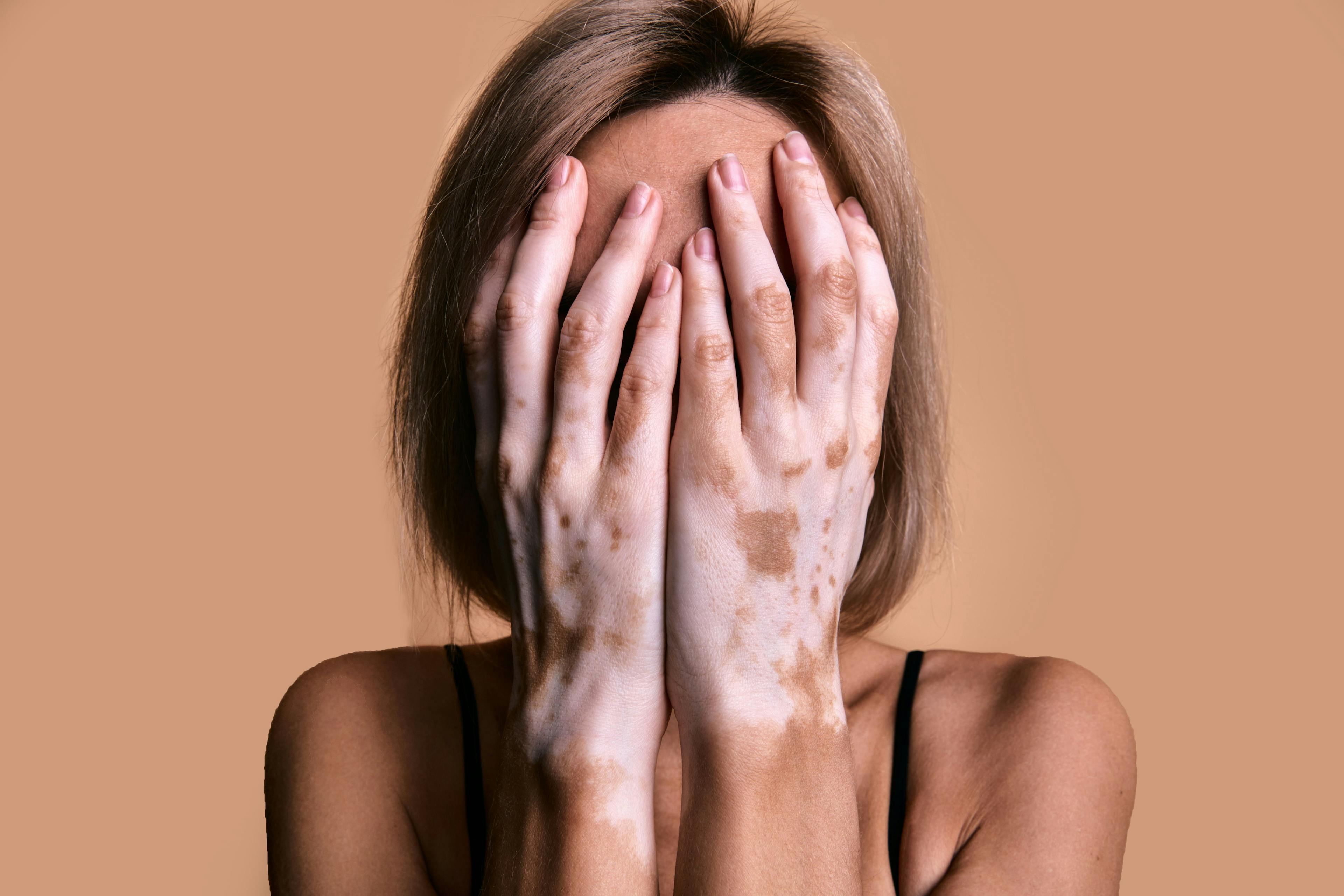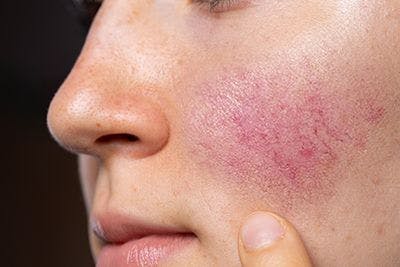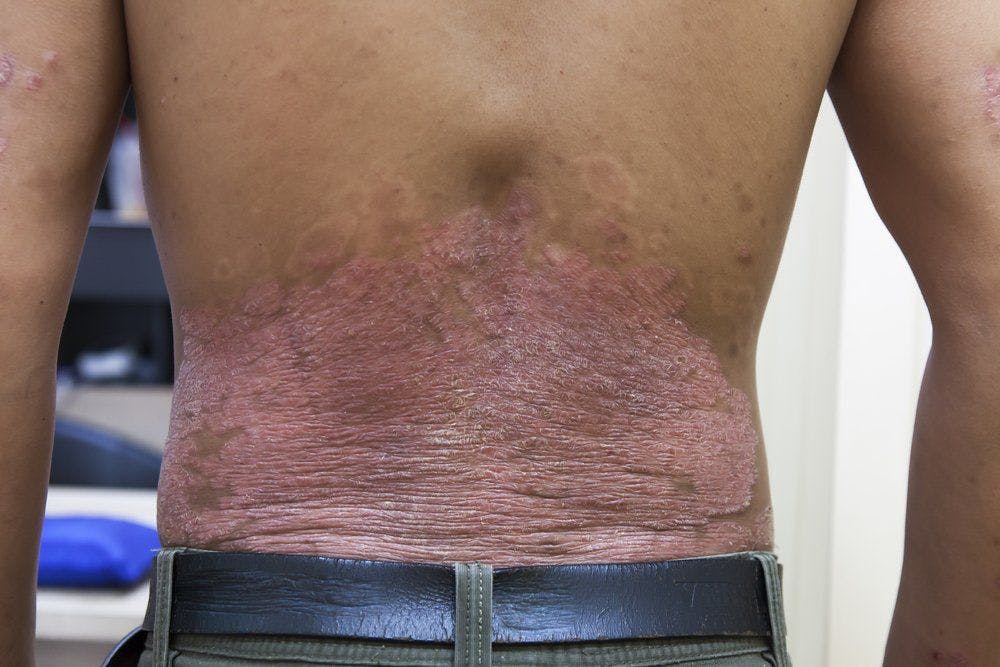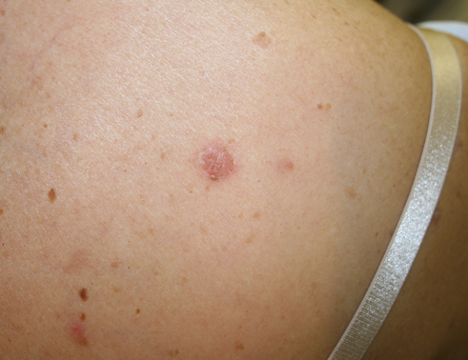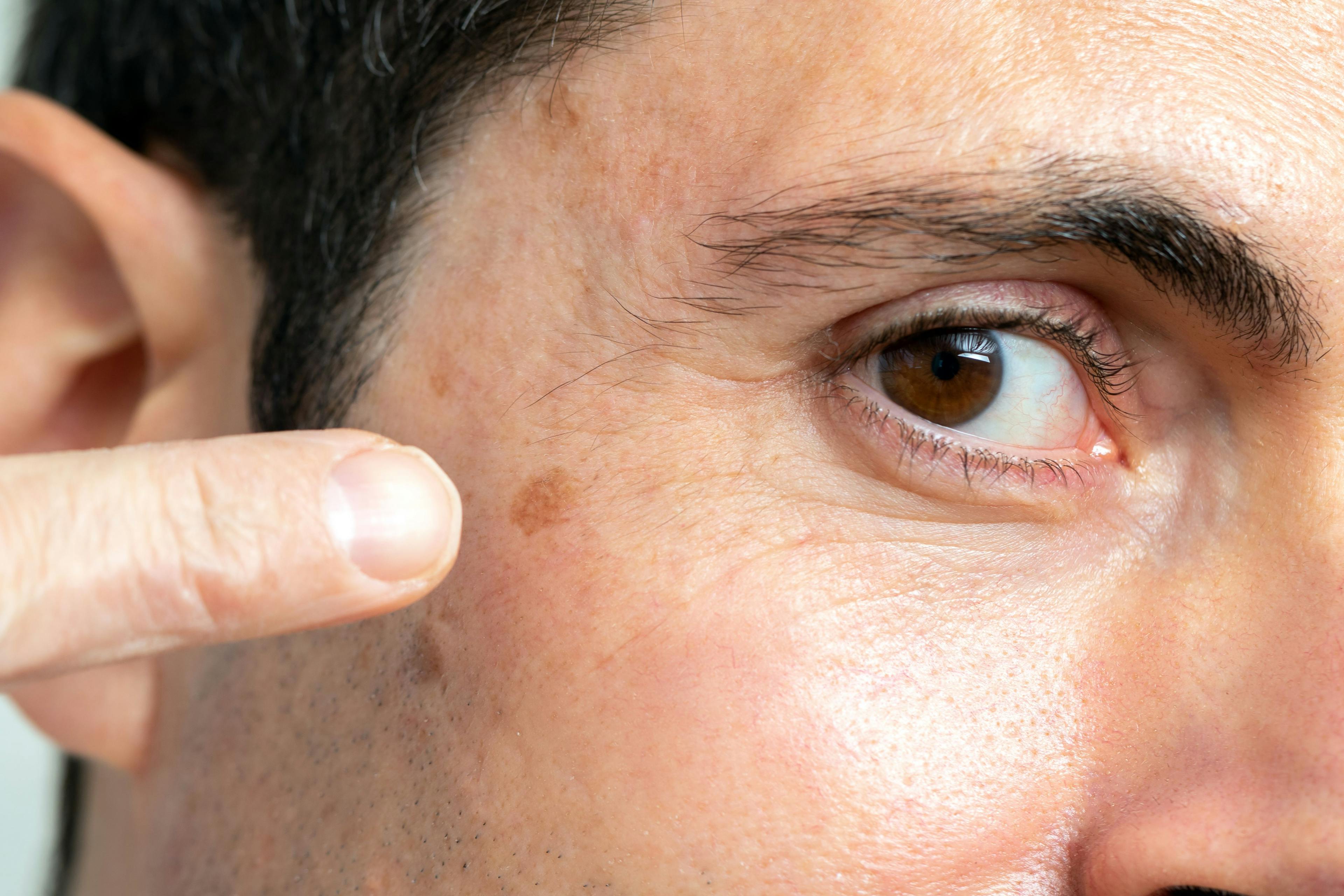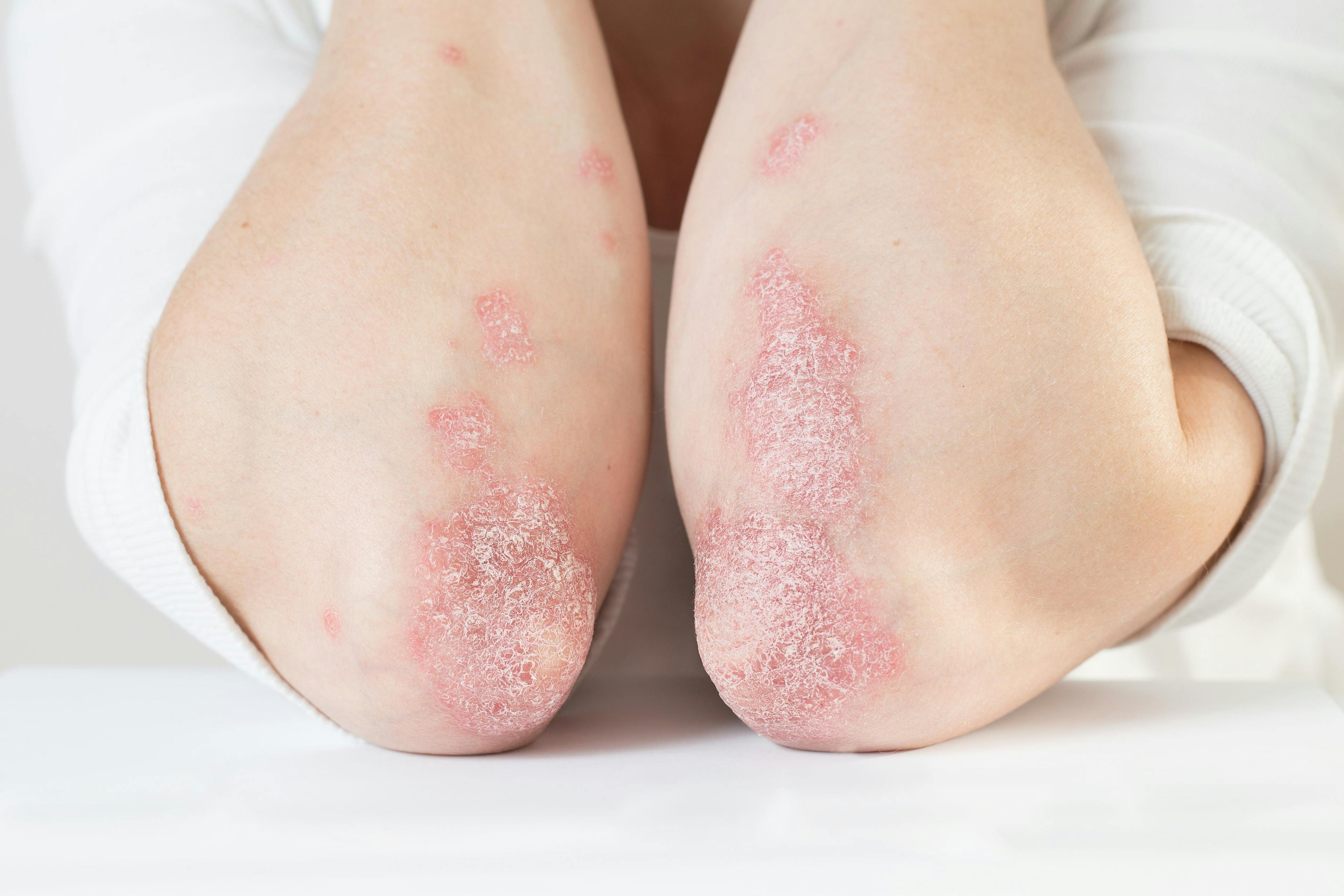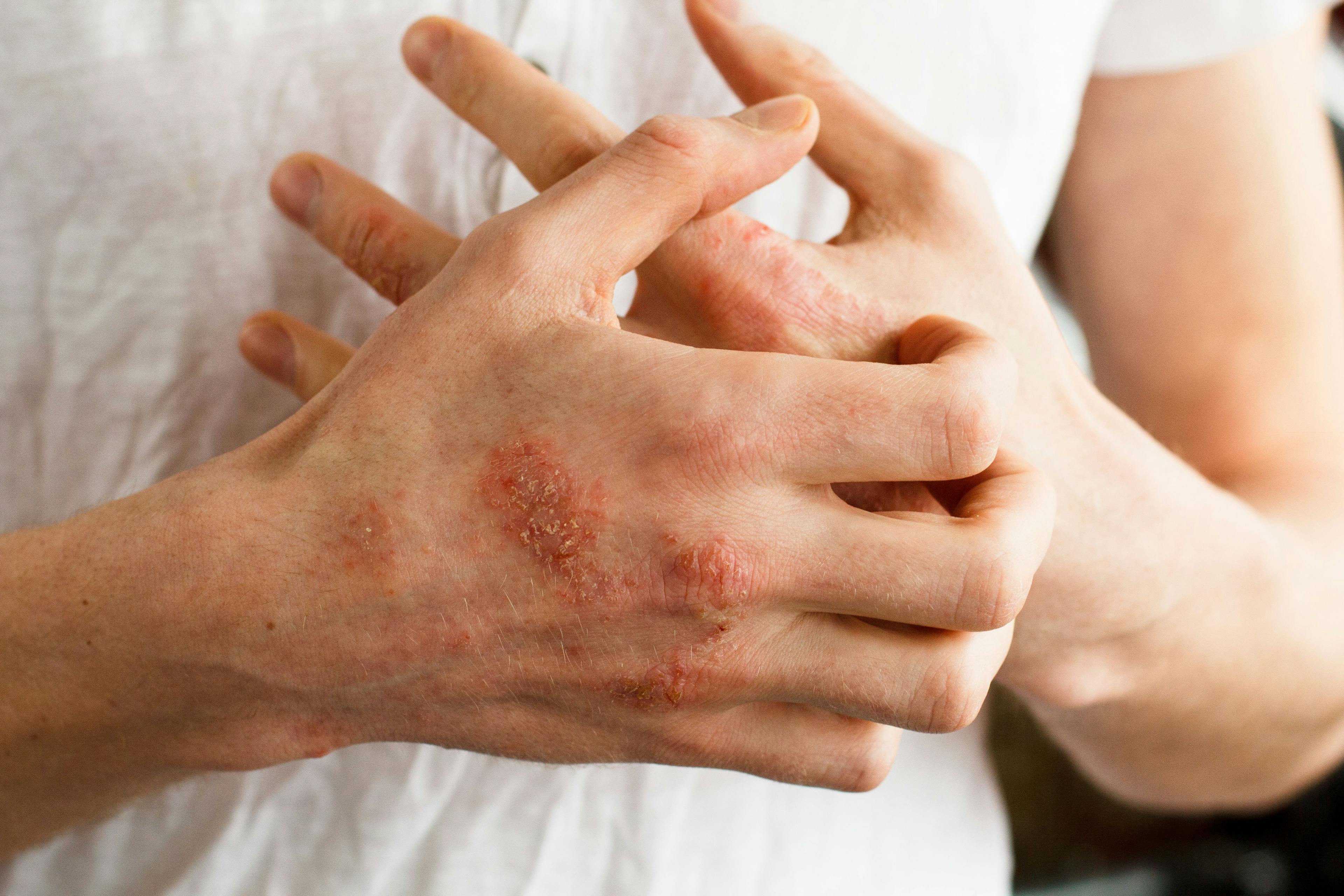- Acne
- Actinic Keratosis
- Aesthetics
- Alopecia
- Atopic Dermatitis
- Buy-and-Bill
- COVID-19
- Case-Based Roundtable
- Chronic Hand Eczema
- Drug Watch
- Eczema
- General Dermatology
- Hidradenitis Suppurativa
- Melasma
- NP and PA
- Pediatric Dermatology
- Pigmentary Disorders
- Practice Management
- Precision Medicine and Biologics
- Prurigo Nodularis
- Psoriasis
- Psoriatic Arthritis
- Rare Disease
- Rosacea
- Skin Cancer
- Vitiligo
- Wound Care
Publication
Article
Dermatology Times
Boston Children’s Multidisciplinary Clinic’s Model for Adverse Mental Health Effects of AD
At the 2022 RAD Conference, a Harvard University psychologist discusses ways that practitioners can help identify and treat children with adverse mental health outcomes as a result of atopic dermatitis.
Why refer a family of a child struggling with atopic dermatitis to a mental health practitioner, and what will the patient get out of such a visit?
Jennifer LeBovidge, PhD, attending psychologist, Division of Allergy and Immunology at Boston Children’s Hospital, and assistant professor in Psychology at Harvard Medical School in Massachusetts, began her session by identifying these key reasons, which included:
-coping with itch
-improving sleep
-supporting adherence
-building social skills
-providing parent guidance to address behavioral issues
-support school/social functioning
-screening for mental health impact and comorbidities
-facilitating referrals for further mental health evaluation.
“Integrating mental health care into a child’s overall health care plan can reduce the stigma of the disease,” LeBovidge explained. “Many families feel alone with the psychosocial burden of this disease, and normalizing and validating these experience can help reduce shame.” Additionally LeBovidge stressed the important of asking open-ended questions, such as, “How has eczema affected you and your family? What have been the hardest parts? Who and what has been most helpful?”
Mental health issues of anxiety and depression can intersect with developmental learning as well, with parents sharing such concerns as “I don’t know how to handler his temper tantrums because he’ll destroy his skin if I don’t give in,” or the child admitting, “I get itchy when I’m anxious about tests and then it’s harder to concentrate.”
For these types of experiences, LeBovidge suggests building a toolbox of strategies. Validate what the patient is going through (it’s hard not to scratch, parent frustration is normal); promote a team approach; increase awareness of itch/scratch triggers; soothe, use distraction, offer hands-on activities and relaxation methods. Praise the behaviors you want to see more of, and tailor strategies for specific situations.
When it comes to relaxation techniques, LeBovidge suggests diaphragmatic breathing; guided and or soothing imagery; progressive muscle relaxation; and mindfulness, noting that parents/practitioners can try different strategies to see which one fits best that patient. “There are also many apps and YouTube videos you can find, appropriate for various ages, for relaxation techniques," she added.
Good sleep hygiene is also crucial when it comes to managing itch and discomfort of AD, LeBovidge noted. Parents can consider wet wraps to cover the skin at night; consistent bed/wake times; relaxing routines in the bedroom; avoiding screens at bedtime, and keeping the room cool. If needed, parents might ask for a sleep specialist referral as well.
To address a child’s self-esteem, the practitioner can do a number of things, including:
-listen, validate, help children label their feelings
-ask about positive support from friends and family
-ask about bullying/teasing comments from others
-reinforce participation in valued activities patients enjoy
And, as all these issues can’t be covered in one visit, clinicians can direct families to resources, which include:
-The National Eczema Association
-Global Parents for Eczema Research
-American Academy of Dermatology
-American Academy of Allergy, Asthma, & Immunology
-American College of Allergy, Asthma & Immunology
Finally, the times to consider referring a patient to a mental health referral include:
Concerns with child development, communication, social interactions
Challenges with disruptive behaviors/parent-child interactions
Learning/attention/academic concerns
Mood changes: irritability/negativity, sadness/tearfulness, hopelessness
Anxiety/stress (may lead to avoidance, impact itch-scratch cycle)
Social isolation/less interest in social/extracurricular activities
Bullying/teasing
Sleep problems
Suicidal ideation or self-harm
Adherence challenges (including needle phobia)
Caregiver stress
LeBovidge ended her session by urging practitioners to “Recognize, normalize and ask about the mental health burden of AD, provide families with information and coping strategies, and refer to a mental health specialist when needed.”
Reference
LeBovidge J. Boston Children's Multi-Disciplinary Clinic Model. RAD 2022 Conference; December 11, 2022.

Newsletter
Like what you’re reading? Subscribe to Dermatology Times for weekly updates on therapies, innovations, and real-world practice tips.

